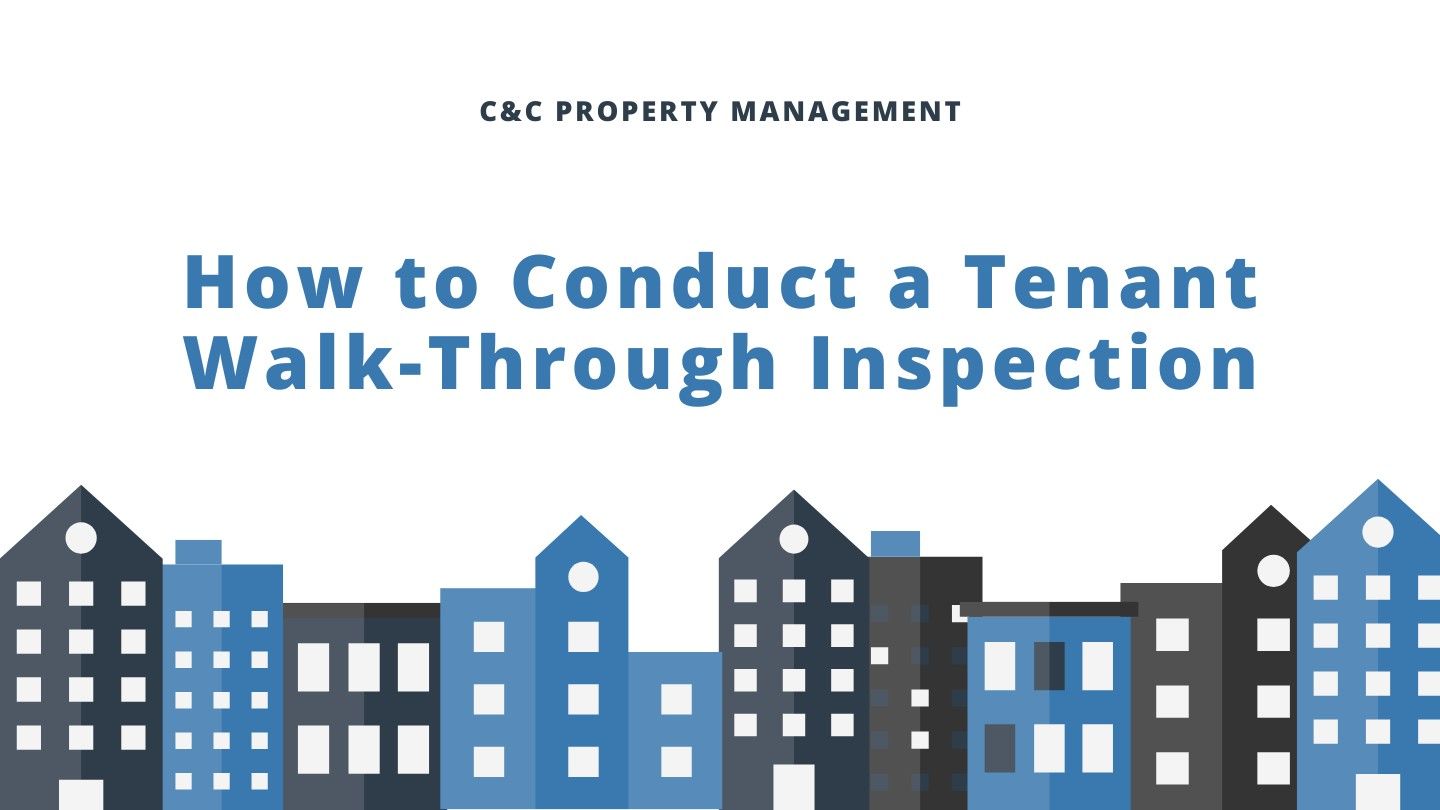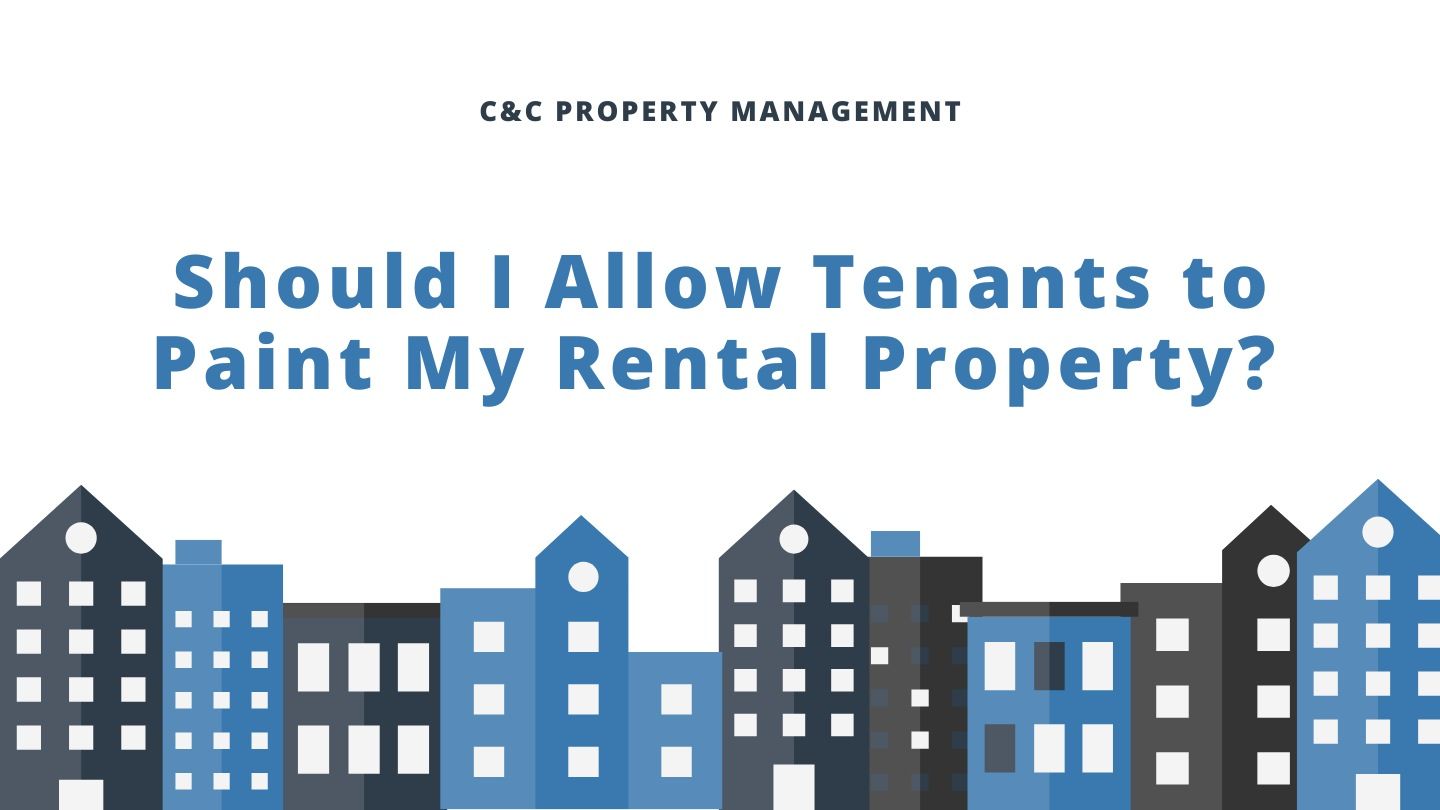Breaking a Lease in California - Know the Laws
Being a landlord in California demands a comprehensive understanding of all landlord-tenant laws, including how to legally break a lease.
From valid reasons for early lease termination to the proper documentation required, we'll share all the information to empower you with the knowledge needed to make informed decisions.
Let's get started!
Lease Agreement in California
Crafting a lease agreement in California goes beyond formality—it's a crucial foundation for successful property management.
A lease agreement not only lays out the terms and conditions of the tenancy but also serves as a roadmap for both landlords and tenants, ensuring a peaceful living arrangement in the rental unit for the entire lease term.
Penalties for Breaking a Lease
Breaking a lease early is a significant decision. Landlords in California should be well-informed about the consequences of such actions, whether justified or not.
Clearly, stipulating the penalties for lease termination in the rental agreement cultivates transparency and a positive landlord-tenant relationship, encouraging tenants to fulfill their lease terms and consistently pay rent.
Notice Requirements for Ending a Periodic Lease in California
The end of a periodic lease in California involves adhering to specific notice requirements. Your rental agreement should be crystal clear on this matter.
For leases without a fixed end date or those on a quarterly or yearly basis, either the landlord or the tenant must give at least 120 days' notice.
Landlord's Responsibility to Re-Rent the Unit
Your responsibility as a landlord doesn't end with lease termination. In California, landlords are legally bound to make reasonable efforts to re-rent the unit promptly to new tenants to cover unpaid rent.

Ensure your rental agreement explicitly states your commitment to the process of finding a replacement tenant. If the property is quickly re-rented, the departing tenant is only liable for rent during the vacancy. This provision upholds fairness and lessens the financial burden on your tenant.
Tenant's Rights to Sublet
Tenants in California may have rights to sublet, depending on your approval as the landlord. Include whether or not you will allow subletting, as well as the request process, in your rental agreement to maintain clarity on who is responsible to pay rent.
Retaining the authority to approve or reject sublet requests allows you to uphold property standards and safety, ensuring a well-maintained living space while protecting your rental income and ensuring subtenants also pay rent on time.
Justified Reasons to Break a Lease in California
Under California law, certain situations allow you to legally terminate the lease without repercussions, and security deposits can help cover any outstanding obligations.
Domestic Violence or Elder Abuse
Victims of domestic violence, sexual assault, stalking, or elder abuse possess the legal right to break their lease on a rental property. Documentation, such as restraining orders or police reports, is required for substantiation.
Active Military Duty
Active military duty refers to personnel with orders for a permanent change of station (PCS) or deployment, including National Guard and Reserves members, have the right to terminate their lease and rent obligations without penalties.
Uninhabitable Conditions
If the rental unit becomes uninhabitable due to circumstances beyond the tenant's control, such as natural disasters or the landlord fails to keep the rental unit habitable, breaking the lease before the end of the lease term is justified.

Illegal Lease Terms
Tenants can break the rental lease if it contains lease terms that violate California law. Clauses waiving a tenant's legal rights, for instance, are generally unenforceable. Landlords may be held accountable with financial and legal repercussions.
Unauthorized Entry or Harassment
Repeated unauthorized entry or harassment by the landlord or their agents constitutes legitimate reasons for lease termination. Ensure that you communicate with the tenant before entering the property, usually a 24 hour notice is best.
Early Termination Clause
You may include an Early Termination Clause in your lease. This allows tenants to end the lease prematurely under specific outlined conditions.
Understanding these justified reasons empowers tenants in California to navigate lease terminations within the bounds of the law and their rights.
Unjustified Reasons to Break a Lease in California
Under California law, breaking a lease early for "unjustified" or "no-cause" reasons refers to tenants seeking to terminate their lease without specific legal grounds or qualifying circumstances. Here are examples of unjustified reasons to break a lease:
Job Relocation
While a job relocation is a significant life change, it's generally not considered a valid reason to break a lease early. Your tenants may explore alternatives like subletting or negotiating with the landlord.
Backing Out Before Move-In
If a tenant decides not to move into the rental property after signing the lease, it's typically not a valid reason for lease termination. The lease is binding once signed, and tenants may be responsible for rent until a new tenant is found.

Buying a House
Purchasing a home is a personal choice and is not typically recognized as a valid justification for breaking a lease. Your tenants should fulfill their lease obligations or seek mutual termination with the landlord.
Upgrade or Downsize
Wanting to upgrade to a larger unit or downsize to a smaller one is generally not legally justified unless specified in the lease agreement.
In a Nutshell
Navigating the process of breaking a lease in California is crucial for you as a landlord. Ensure that you understand justified circumstances to break a lease, like domestic violence or military deployment, as well as the unjustified reasons. It’s also best practice to clearly communicate with your tenants and have a thorough lease agreement.
If you find yourself in need of expert guidance or property management services in California, look no further than
C&C
Property Management. Our team is dedicated to fostering positive landlord-tenant relationships ensuring fair and lawful resolutions.
Disclaimer:
Please note that the information provided in this blog is intended for general guidance and should not be considered as a replacement for professional legal advice. It is important to be aware that laws pertaining to property management may change, rendering this information outdated by the time you read it.








